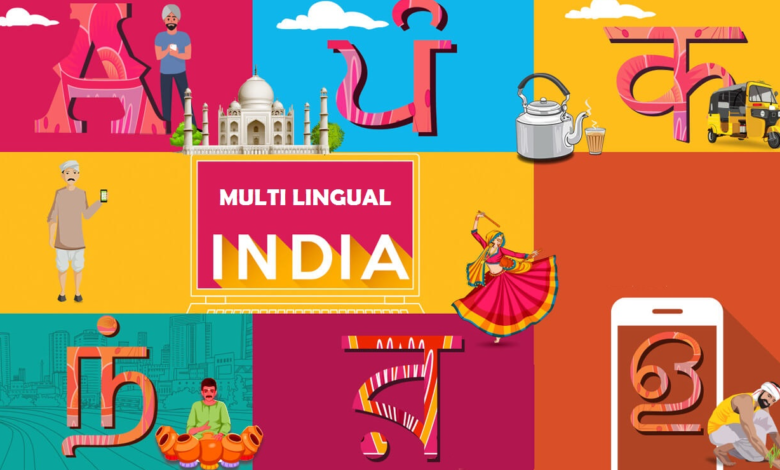Language Chauvinism

Any kind of statement on making Hindi the lingua franca of India elicits an immediate adverse response from politicians in the South, particularly Tamil Nadu. Home Minister Amit Shah is the latest to revive the controversy, more as formal acknowledgement of his party’s position on the issue rather than a statement of intent. The truth is that Hindi is well on its way to finding its rightful place in Indian society for a number of reasons. Any kind of an official push only retards the process as it inflames parochial passions among those whose politics is based on regional identities.
The biggest role played in this process has been that of Bollywood (and subsequently television), whose work even before Independence found viewers in all parts of India. It was always a surprise to see movie halls chock-full of viewers who could not speak a word of Hindi but still enjoyed the films even without sub-titles. Now, the established trend of dubbing successful South Indian movies in Hindi has led to further integration of Hindi and regional cinema. While Southern filmmakers appreciate the expanded market, the Hindi belt enjoys the special movie making styles of Tamil, Telugu, Kannada and Malyalam movies.
Over the years, viewers from the Hindi belt picked up Marathi origin Bambaiya slang (jhakhas, tapori, shana, locha, etc.) incorporating it into their own vernacular. Simultaneously, people in technically non-Hindi speaking areas have acquired a working knowledge of Hindi that helps them cope in the greatly expanded workplace. The language chauvinists, of course, make a fetish out of pretending they don’t understand Hindi – behaviour often on display in Parliament – but most are perfectly acquainted with the language.
On the other hand, to position Hindi as an alternative to English, which helps communicate with almost half the world, is ill-advised. Although the trend now is to teach English from the youngest age in KG and primary schools, the imperfectly implemented preceding idea of providing early education in the mother tongue was actually better. English should come later and it only requires good quality teachers; otherwise, just as in the case of Hindi, English can also be quickly picked up from movies, TV shows and, also, the compulsion of furthering one’s career.
It is also a fact that it is not at all hard to be multi-lingual. A very large number of Indians know several languages. The trend of inter-regional marriages has accelerated this process. It is easy to understand, therefore, that the language controversy is little more than political posturing. ‘Faltu baat hai’ basically.
This article was first published in Garhwal Post






